Table of Contents
Introduction
Chicken is one of the most versatile ingredients in the kitchen, and the right seasoning can transform a simple dish into something unforgettable. Whether you're grilling, roasting, or sautéing, knowing what seasonings go well with chicken can elevate your cooking to the next level. In this article, we'll dive into the world of chicken seasonings—exploring popular combinations, providing practical tips, and offering a detailed buying guide for the best seasonings out there.

The Basics of Chicken Seasoning
Seasonings are the secret sauce behind great-tasting chicken. They not only add flavor but also enhance texture and aroma. The key is to understand how different spices work together and how they complement the natural taste of chicken. Some seasonings are subtle, while others are bold and spicy. It all depends on your preference and the type of dish you're making.
Before we dive into specific combinations, let's break down some common types of seasonings that work well with chicken:
- Herbs: Rosemary, thyme, oregano, sage, and parsley are excellent for adding freshness and depth.
- Spices: Paprika, cumin, chili powder, garlic powder, and onion powder bring warmth and complexity.
- Acidic elements: Lemon juice, vinegar, or citrus zest can brighten up rich dishes and balance flavors.
- Oils and fats: Olive oil, butter, or avocado oil help carry and distribute seasonings more evenly.
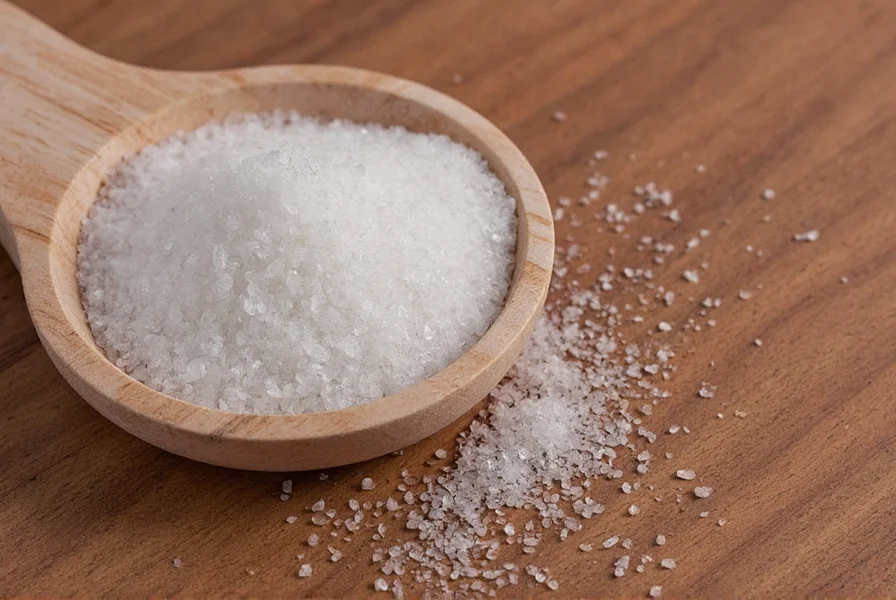
Top 10 Seasonings That Pair Perfectly with Chicken
Now that we've covered the basics, let's look at the top 10 seasonings that go best with chicken. These are tried and tested combinations that will make your chicken dishes shine.
1. Garlic and Herb Seasoning
This classic combo brings a warm, savory flavor to any chicken dish. Garlic adds depth, while herbs like rosemary, thyme, and oregano contribute brightness and earthiness. For perfect results, use 1 tsp garlic powder, 1 tsp dried rosemary, 1 tsp dried thyme, 1/2 tsp dried oregano, 1/2 tsp black pepper, and 1/2 tsp salt per pound of chicken. Ideal for roasted chicken breasts, grilled chicken thighs, or baked chicken drumsticks.

2. Lemon and Dill
A refreshing combination perfect for grilled or baked chicken. The zesty lemon cuts through richness, while dill adds a fresh, slightly anise-like note. Use 1 tbsp lemon zest, 1 tbsp fresh dill (or 1 tsp dried), 1 tsp garlic powder, 1/2 tsp black pepper, and 1/2 tsp salt per pound of chicken. Perfect for lemon-dill baked chicken, grilled chicken skewers, or Mediterranean-style chicken salads.

3. Smoky Paprika and Cumin
This bold blend works wonders for roasted or grilled chicken. The smoky paprika gives it a deep, caramelized flavor, while cumin adds a warm, nutty undertone. Use 1 tbsp smoked paprika, 1 tsp cumin, 1 tsp garlic powder, 1/2 tsp onion powder, and 1/2 tsp salt per pound of chicken. Excellent for smoked chicken wings, barbecue chicken, or chipotle chicken tacos.
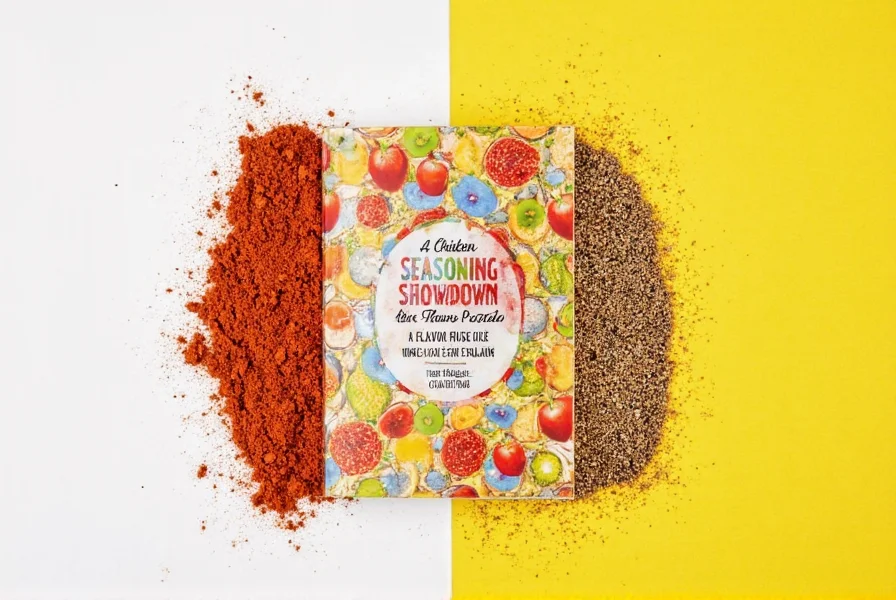
4. Soy Sauce and Ginger
Popular in Asian cuisine, this umami-rich pairing adds a savory, slightly sweet dimension to chicken. Use 2 tbsp soy sauce, 1 tbsp fresh ginger (grated), 1 tsp garlic powder, 1 tsp honey, and 1/2 tsp sesame oil per pound of chicken. Ideal for stir-fried chicken, teriyaki chicken, or ginger-garlic baked chicken.
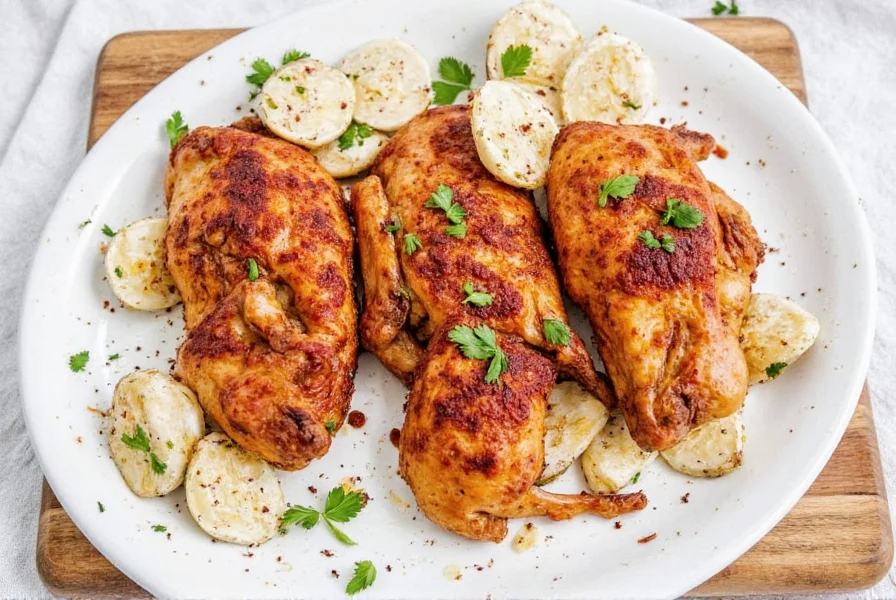
5. Paprika and Chili Powder
For those who love a bit of heat, this combination delivers a fiery kick without being overwhelming. It's great for BBQ chicken, tacos, or spicy chicken skewers. Use 1 tbsp sweet paprika, 1 tsp chili powder, 1 tsp garlic powder, 1/2 tsp cumin, and 1/2 tsp salt per pound of chicken. Perfect for buffalo chicken, spicy chicken wings, or chili-lime grilled chicken.

6. Curry Powder
A versatile spice blend that can range from mild to hot. It adds a complex, aromatic flavor that pairs well with both roasted and fried chicken. Use 1 tbsp curry powder, 1 tsp turmeric, 1/2 tsp cumin, 1/2 tsp coriander, and 1/2 tsp salt per pound of chicken. Excellent for curry chicken, chicken tikka masala, or coconut curry chicken.

7. Basil and Oregano
Perfect for Italian-style dishes, this herbal duo enhances the natural sweetness of chicken. Use 1 tbsp dried basil, 1 tbsp dried oregano, 1 tsp garlic powder, 1/2 tsp black pepper, and 1/2 tsp salt per pound of chicken. Ideal for chicken parmesan, chicken cacciatore, or tomato-based chicken pasta dishes.

8. Cinnamon and Clove
This unexpected pairing adds a warm, comforting flavor to slow-cooked or braised chicken. It's especially popular in Middle Eastern and Indian cuisines. Use 1 tsp cinnamon, 1/2 tsp ground cloves, 1 tsp garlic powder, 1/2 tsp nutmeg, and 1/2 tsp salt per pound of chicken. Perfect for Moroccan chicken tagine, spiced chicken stew, or cinnamon-glazed baked chicken.

9. Rosemary and Lemon
A simple yet elegant combination that highlights the natural flavors of chicken. Great for roasting or baking. Use 1 tbsp fresh rosemary (or 1 tsp dried), 1 tbsp lemon zest, 1 tsp garlic powder, 1/2 tsp black pepper, and 1/2 tsp salt per pound of chicken. Ideal for rosemary-lemon roasted chicken, grilled chicken with lemon, or lemon-rosemary chicken breasts.
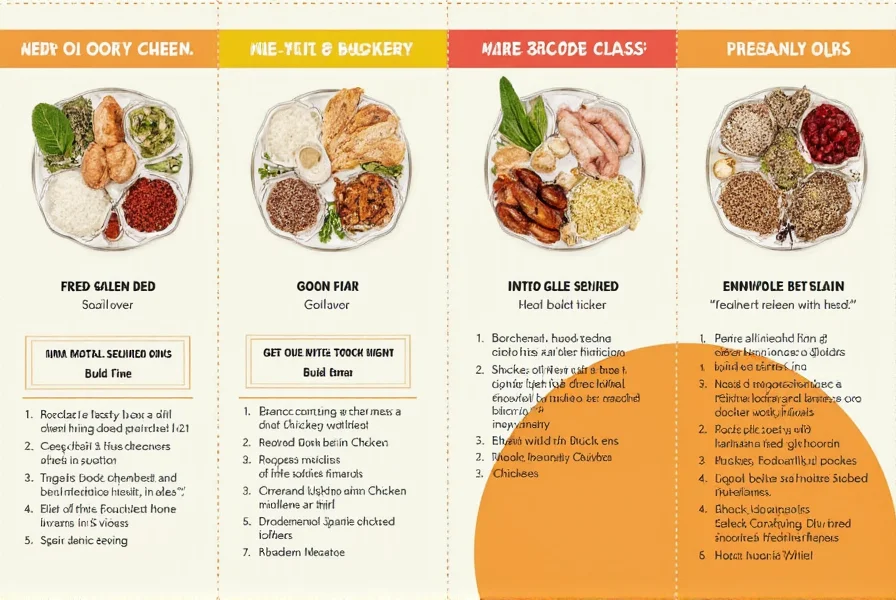
10. Saffron and Butter
A luxurious choice for special occasions. Saffron adds a golden hue and a delicate floral aroma, while butter enhances richness and depth. Use 1/2 tsp saffron threads (soaked in 1 tbsp warm water), 2 tbsp melted butter, 1 tsp garlic powder, and 1/2 tsp salt per pound of chicken. Perfect for saffron chicken risotto, butter-basted chicken, or gourmet roasted chicken.
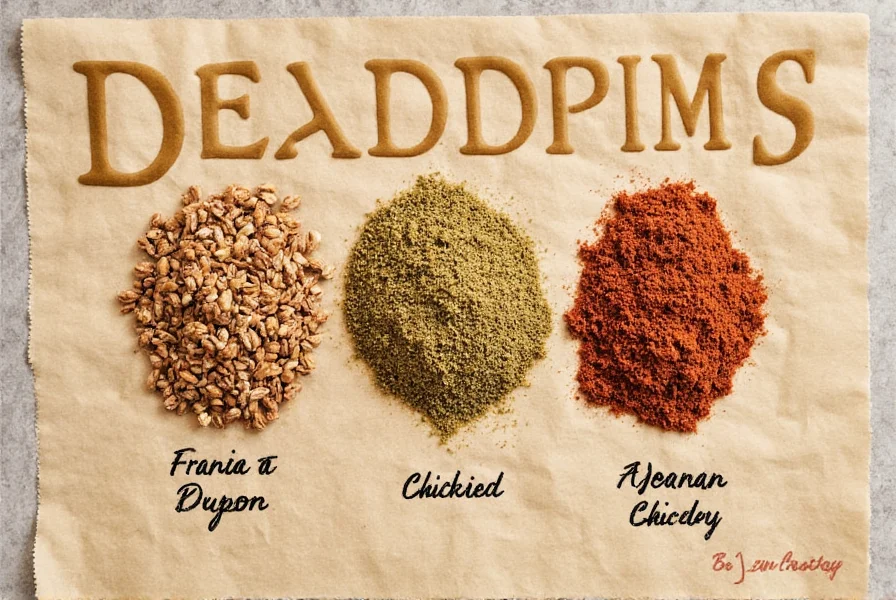
Buying Guide: Choosing the Right Seasonings
With so many options available, it can be overwhelming to choose the best seasonings for your chicken. Here's a detailed guide to help you pick the right ones based on your needs and preferences.
What to Look for When Buying Seasonings
When selecting seasonings, consider the following factors:
- Quality: Fresh, high-quality seasonings make a big difference in flavor. Avoid products with added fillers or artificial preservatives.
- Purity: Opt for single-ingredient seasonings if you want control over your flavor profile. Blends are convenient but may lack the depth of individual spices.
- Origin: Some spices are better than others depending on where they're grown. For example, Moroccan paprika has a unique smoky flavor, while Hungarian paprika is milder.
- Use case: Consider how you plan to use the seasoning. Marinades, rubs, or dry mixes each require different types of seasonings.
Recommended Seasonings for Different Occasions
| Occasion | Recommended Seasoning | Why It Works |
|---|---|---|
| Grilling | Smoky Paprika & Chili Powder | Adds a bold, charred flavor that complements grilled chicken perfectly. |
| Roasting | Garlic & Herb Seasoning | Enhances the natural juices and adds a savory, aromatic touch. |
| Stir-frying | Soy Sauce & Ginger | Brings a rich, umami flavor that pairs well with the sizzling heat of the wok. |
| Baking | Lemon & Dill | Creates a light, refreshing contrast to the richness of baked chicken. |
| Special Occasions | Saffron & Butter | Offers a luxurious, sophisticated flavor ideal for holiday meals or dinner parties. |

Pro Tips for Using Chicken Seasonings
Even the best seasonings won't shine if used incorrectly. Here are some expert tips to help you get the most out of your chicken seasonings:
- Marinate for maximum flavor: Let chicken sit in a seasoned marinade for at least 30 minutes (or overnight) to allow the flavors to penetrate deeply.
- Use a dry rub for grilled or roasted chicken: A mix of herbs, spices, and oils applied directly to the chicken before cooking creates a delicious crust.
- Balance the flavors: Don't overload your chicken with too many seasonings. Aim for a balanced mix of salty, sweet, sour, and umami notes.
- Experiment with combinations: Mixing and matching seasonings can lead to exciting new flavor profiles. Keep a journal of what works and what doesn't.
- Adjust for heat: If you're using spicy seasonings, start with a small amount and increase gradually to suit your taste.
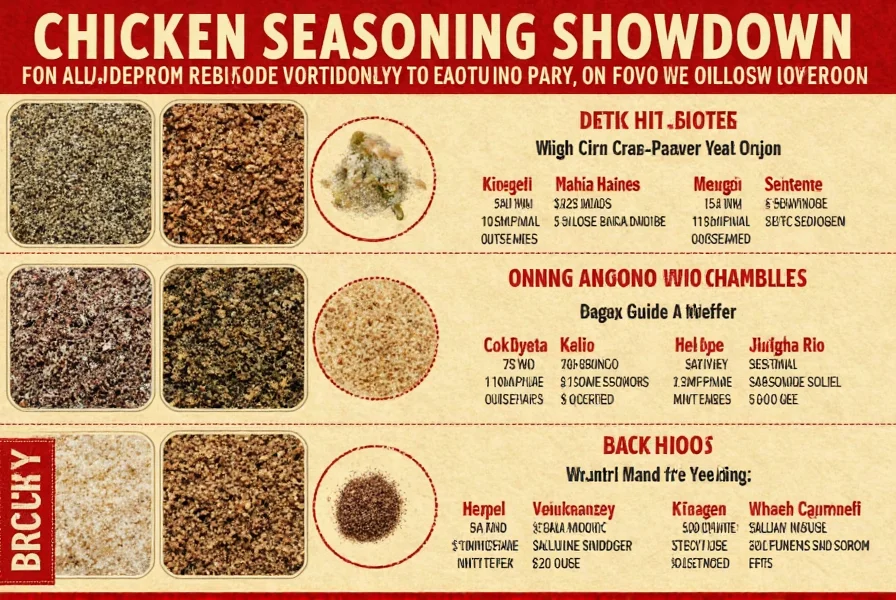
Frequently Asked Questions
How much seasoning should I use for chicken?
For boneless, skinless chicken breasts (about 1.5 lbs), use 1-2 teaspoons of dry seasoning blend per pound of chicken. If making a marinade, use 2-3 tablespoons of seasoning per pound. Always remember you can add more but can't take it away, so start with less and adjust as needed.
Should I season chicken before or after cooking?
For best results, season chicken at least 30 minutes before cooking to allow flavors to penetrate. For deeper flavor, marinate overnight in the refrigerator. Avoid adding salt too early if you're frying, as it can draw out moisture and affect crispiness. Always taste and adjust seasoning after cooking if needed.
Can I use dried herbs instead of fresh ones?
Yes, but use one-third the amount of dried herbs compared to fresh, as they're more concentrated. For example, if a recipe calls for 1 tablespoon of fresh rosemary, use 1 teaspoon of dried rosemary. Add dried herbs earlier in the cooking process, while fresh herbs are best added near the end.
How do I fix chicken that's been over-seasoned?
If your chicken is too salty, serve it with something acidic like lemon wedges or a tomato-based sauce to balance the saltiness. For overly spicy chicken, pair it with cooling elements like yogurt, sour cream, or avocado. In future preparations, remember to add seasonings gradually and taste as you go.
Which seasonings work best for chicken breasts versus thighs?
Chicken breasts (leaner) pair well with moisture-retaining seasonings like lemon, garlic, and herbs. Chicken thighs (fattier) can handle bolder flavors like smoked paprika, cumin, and curry powder. Thighs also benefit from longer marinating times due to their higher fat content.
How should I store my seasonings to maintain freshness?
Store spices in airtight containers away from heat and light. Whole spices last 2-3 years, ground spices 1-2 years, and dried herbs 1-2 years. Test freshness by smelling - if the aroma is weak, it's time to replace. For maximum flavor, buy in small quantities and replace regularly.
Conclusion
Choosing the right seasonings for chicken is both an art and a science. By understanding the flavor profiles of different spices and herbs, you can create dishes that are not only delicious but also tailored to your personal taste. Whether you're a professional chef or a home cook, experimenting with seasonings can open up a world of culinary possibilities.
Remember, what seasonings go well with chicken often depends on the context—whether it's a casual family dinner or a gourmet meal. With the right knowledge and a little creativity, you can turn every chicken dish into a flavorful masterpiece.
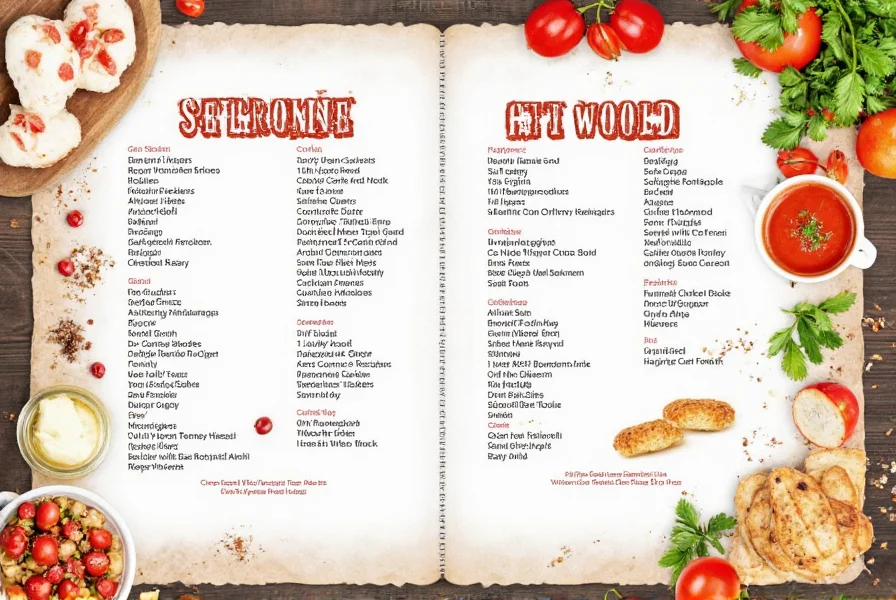

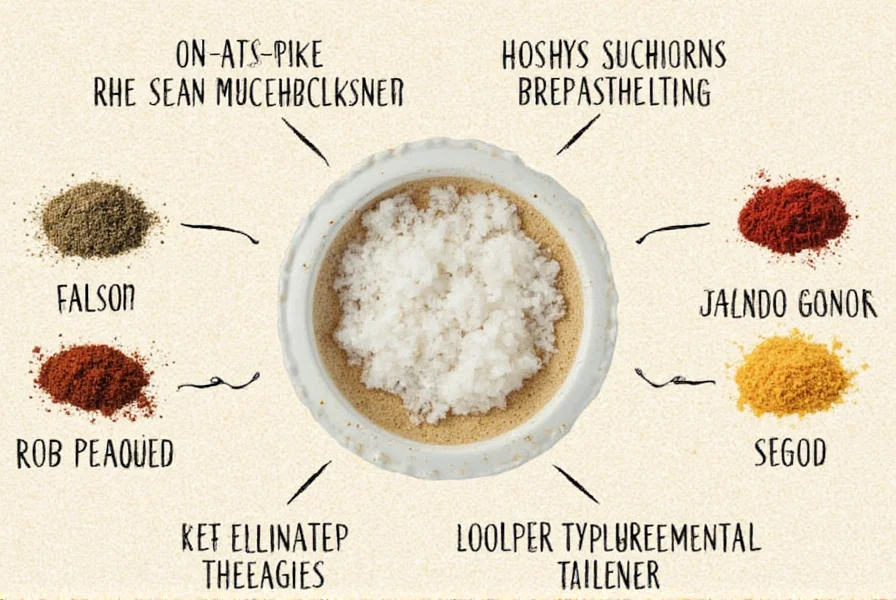









 浙公网安备
33010002000092号
浙公网安备
33010002000092号 浙B2-20120091-4
浙B2-20120091-4